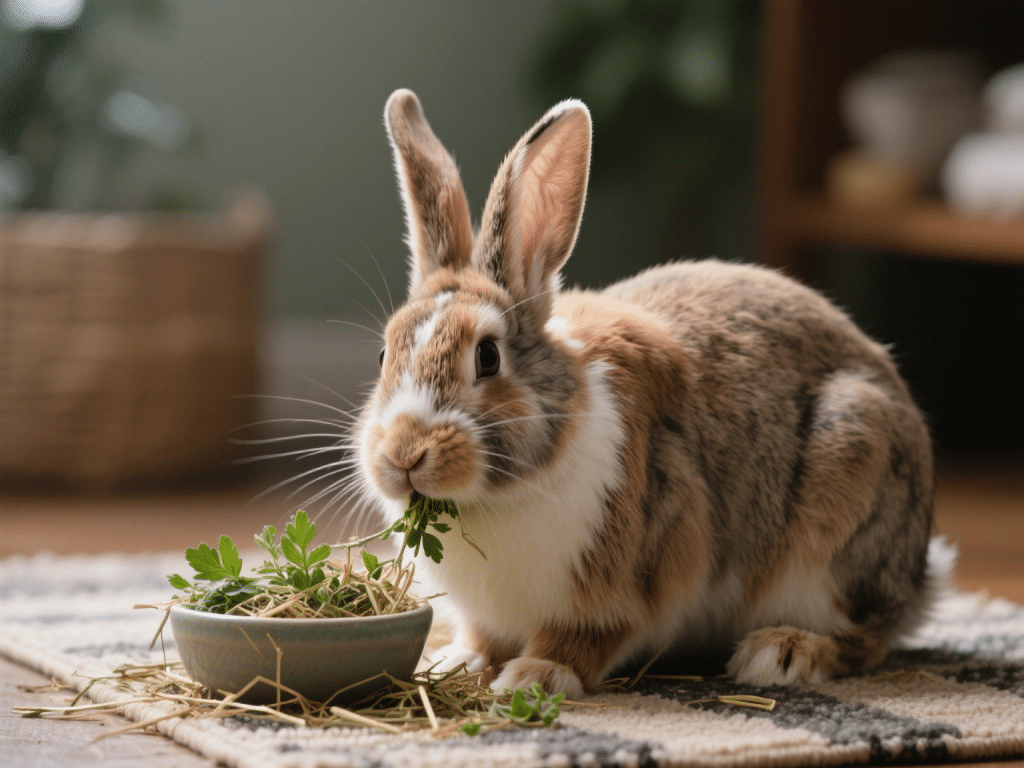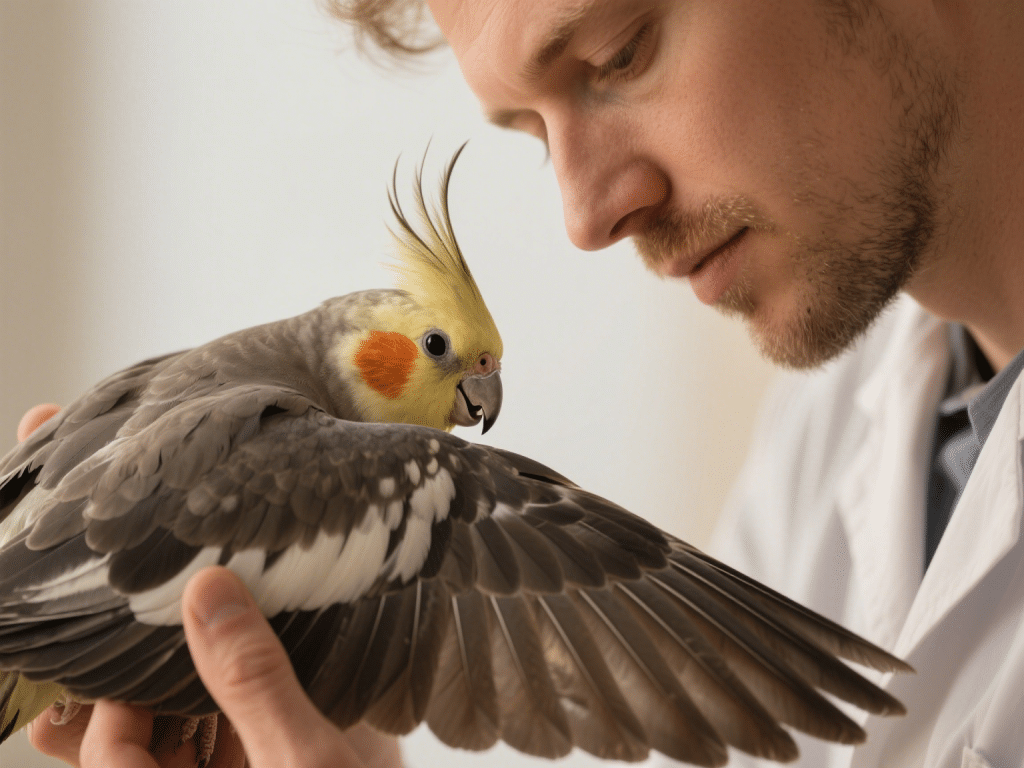What to Do If Your Pet Refuses to Eat
Introduction
A sudden refusal to eat in pets can be alarming. Loss of appetite (anorexia) may indicate stress, illness, or environmental changes. This guide outlines steps to identify causes, provide immediate support, and when to seek veterinary care.
1. Immediate Assessment
Check for Obvious Physical Issues: Inspect your pet’s mouth for sores, broken teeth, or foreign objects stuck between gums. Painful dental issues often cause reluctance to eat.
Monitor Behavior and Symptoms: Note any vomiting, diarrhea, lethargy, or unusual breathing. These signs can help determine if refusal is due to a gastrointestinal issue or broader systemic illness.
Review Recent Changes: Consider if there’s been a recent diet switch, new treats, moving homes, or introduction of new pets. Stressful events often suppress appetite temporarily.
2. Home Remedies and Encouragement
Warm Up Wet Food: Gently warming canned food enhances aroma and can entice picky eaters. Avoid microwaving more than 5–10 seconds to prevent burns.
Offer Bland Diet: A small portion of boiled chicken breast (skinless, boneless) with white rice can soothe upset stomachs. Feed in small, frequent meals.
Hand-Feeding and Gentle Encouragement: Sit near your pet and offer food directly from your hand to provide comfort. Maintain a calm, quiet environment during feeding times.
Add Palatable Add-Ins: Mix a teaspoon of low-sodium chicken broth (no onions/garlic) or a small amount of plain yogurt to dry kibble to enhance flavor. For cats, consider tuna juice (in water, not oil) sparingly.
3. Hydration First
Encourage Water Intake: Dehydration can worsen appetite loss. Use water fountains for cats or flavor water with a pinch of low-sodium broth. For dogs, add ice cubes to water on hot days.
Monitor Fluid Consumption: If your pet isn’t drinking, offer wet food containing high moisture or gently syringe-feed water under veterinary guidance if severely dehydrated.
4. Rule Out Medical Causes
Visit the Veterinarian: If loss of appetite persists beyond 24–48 hours (especially in kittens, puppies, seniors), schedule an exam. Blood tests, imaging, or dental evaluation may reveal underlying issues: pancreatitis, renal disease, infections, or metabolic disorders.
Medication Review: Some medications (e.g., certain antibiotics, chemotherapy drugs) cause nausea. Consult your vet about alternatives or anti-nausea medications like maropitant (Cerenia) for dogs and ondansetron for cats.
5. Behavioral and Environmental Factors
Reduce Stressors: Provide a quiet, safe feeding area away from loud noises or other animals. Maintain consistent feeding times to establish routine.
Eliminate Competition: For multi-pet households, feed pets separately to avoid intimidation or food guarding. Use baby gates or separate rooms.
Address Behavioral Picky Eating: Gradually reintroduce old diet if a diet switch triggered refusal. Avoid frequent flavor changes to prevent preference for treats over balanced meals.
6. When to Seek Immediate Help
Extended Anorexia in Kittens or Puppies: Young animals can dehydrate and weaken rapidly within 12 hours. Urgent veterinary care is critical.
Signs of Severe Illness: Persistent vomiting, diarrhea, blood in stool, jaundice, or seizures accompany lack of appetite—these require emergency intervention.
Refusal Combined with Pain or Distress: If your pet cries, trembles, or shows abdominal guarding, transport to a vet immediately.
Conclusion
A pet’s refusal to eat can be a temporary response to minor stress or a sign of a serious medical condition. Initial home interventions, such as warming food and minimizing stress, often help. However, if appetite does not return within a day or is accompanied by alarming symptoms, seek veterinary care without delay. Early detection and treatment ensure a quicker recovery and prevent complications associated with prolonged anorexia.









Comments on "What to Do If Your Pet Refuses to Eat" :